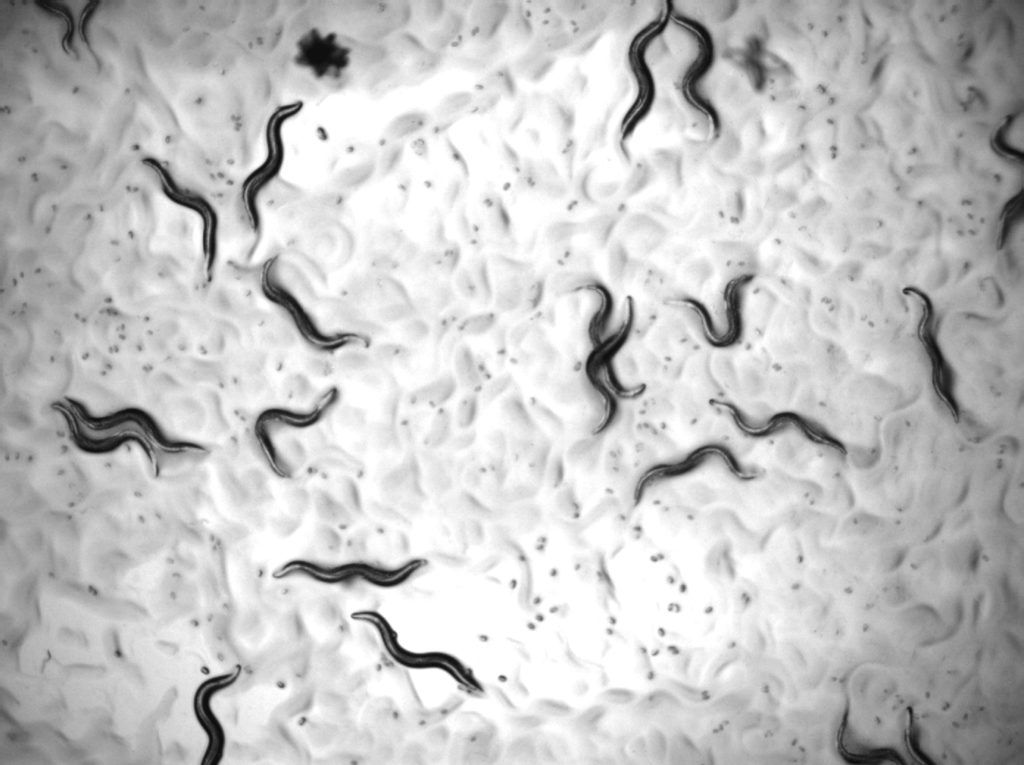If you haven’t heard, universities around the world are offering their courses online for free (or at least partially free). These courses are collectively called MOOCs or Massive Open Online Courses.
In the past six years or so, over 800 universities have created more than 10,000 of these MOOCs. And I’ve been keeping track of these MOOCs the entire time over at Class Central, ever since they rose to prominence.
In the past four months alone, 190 universities have announced 600 such free online courses. I’ve compiled a list of them and categorized them according to the following subjects: Computer Science, Mathematics, Programming, Data Science, Humanities, Social Sciences, Education & Teaching, Health & Medicine, Business, Personal Development, Engineering, Art & Design, and finally Science.







